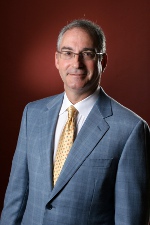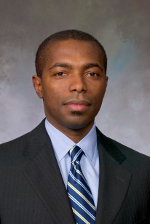What will happen when there aren't enough spine specialists?
By 2020 there is a predicted 90,000 physician shortage with about 50 percent being specialists. By 2025, the physician shortage is expected to increase to 130,000 physicians. At the same time, recent reports show undertreated pain impacts 116 million Americans, with many of those patients being back pain patients.
But this may not be an issue for spine specialists.

Even if there isn't a physician shortage five and 10 years down the road in the spine specialty, other efforts will limit the amount of spine surgery done and improve care pathways for back pain patients. The Medicare website posting both cost and quantity data on spinal fusions will likely dial down how much surgery is performed. Insurance companies are also making guidelines for surgical treatment stricter.
"If more public payments come about, and there is only one pot of money to take care of patients, people will figure out from  evidence-based medicine what is most cost-effective and cost-efficient and we'll have a better ratio of surgical versus nonsurgical patients," says Dwight Tyndall, MD, of the Orthopaedic Specialists of Northwest Indiana in Munster.
evidence-based medicine what is most cost-effective and cost-efficient and we'll have a better ratio of surgical versus nonsurgical patients," says Dwight Tyndall, MD, of the Orthopaedic Specialists of Northwest Indiana in Munster.
The practice goes beyond just surgical patients for many spine surgeons. Dr. Tyndall's practice relies on non-operative treatment as well as spine surgery to care for patients. In the future, evidence-based protocol and increased use of advanced practitioners will help direct patients to the right care, which may or may not include surgery.
"I think there will be more allied help, whether it's a nurse practitioner or another non-surgical professional helping deliver spine care," says Dr. Tyndall. "The surgeons themselves will simply focus on the surgical aspects while the non-operative patients will be seen by other specialists."
When dividing back pain patients between pain physicians, physiatrists, chiropractors, NPs, there are more than enough manpower to treat patients. Additionally, spine and neurosurgery remains a popular focus for new physicians graduating from medical school.

